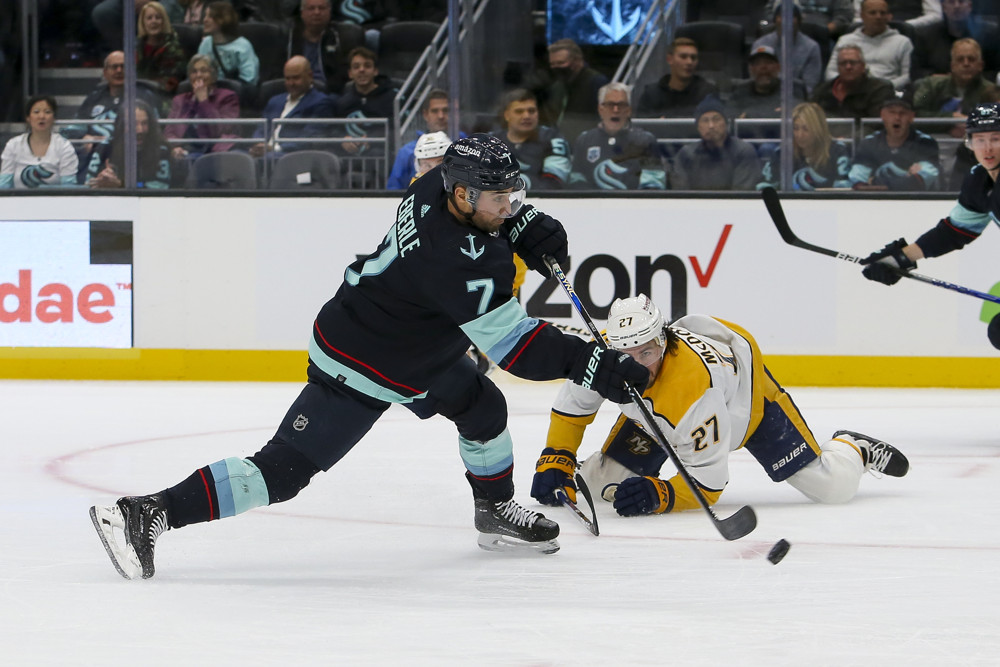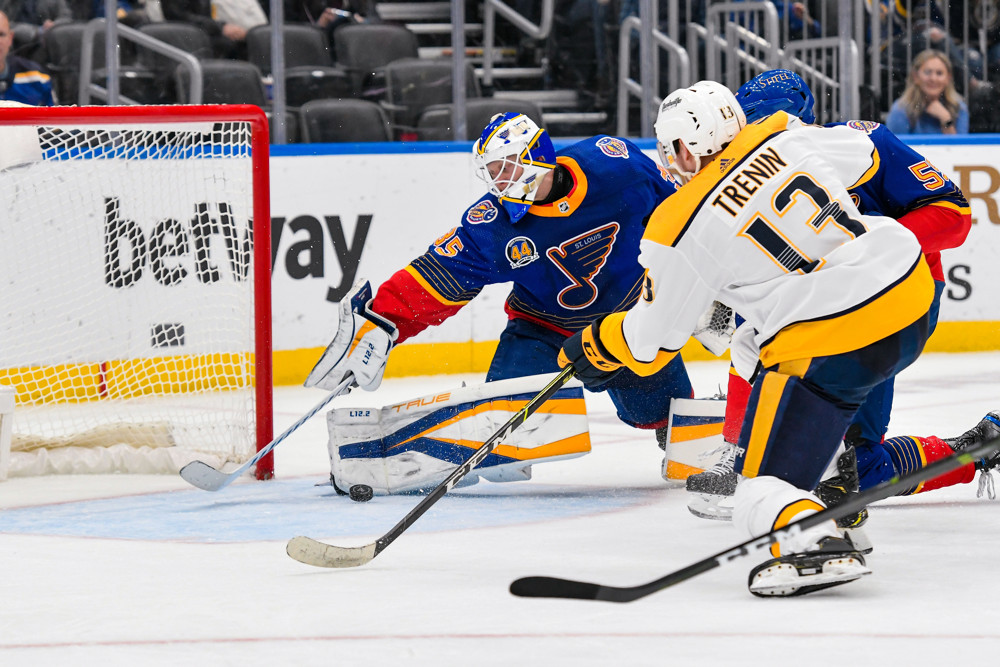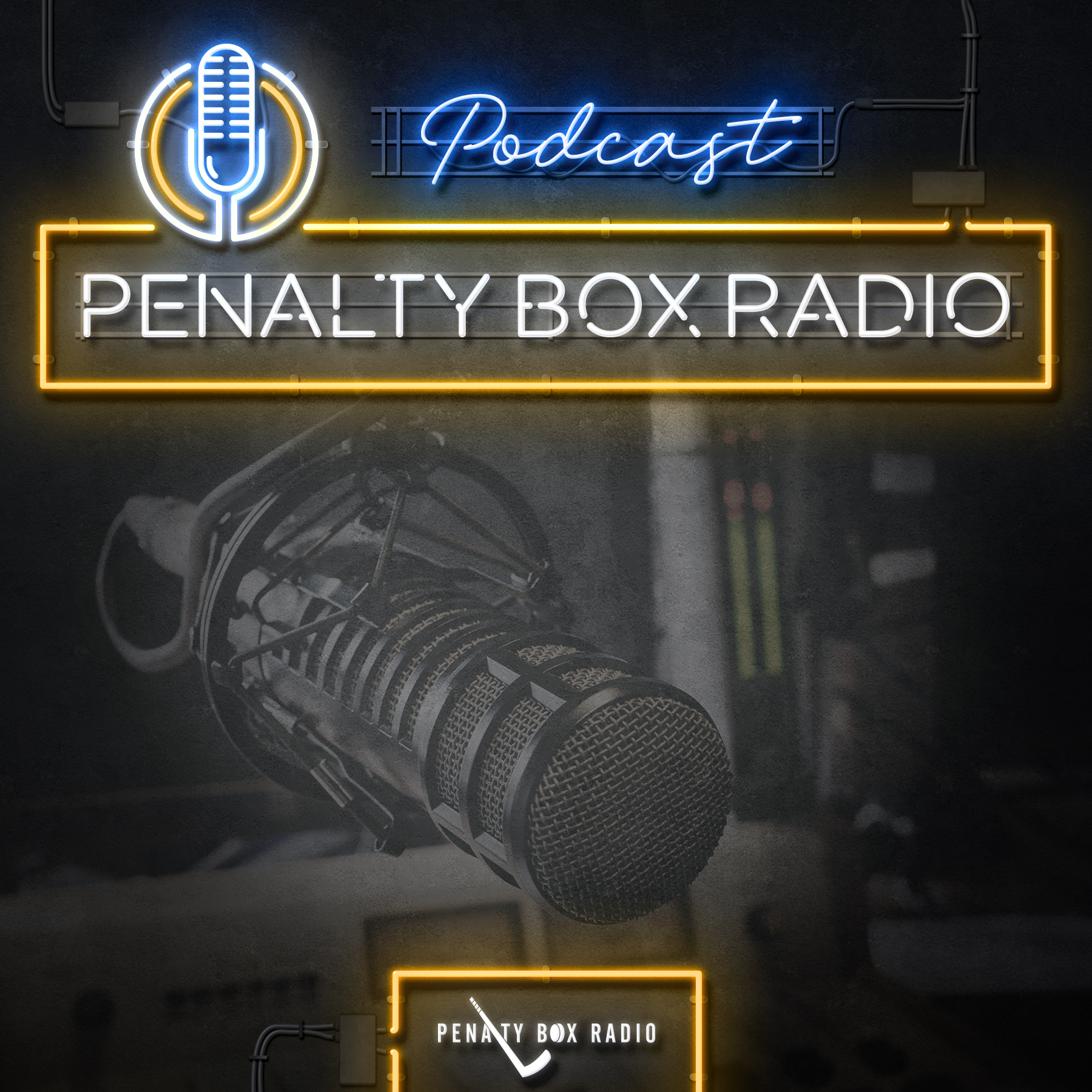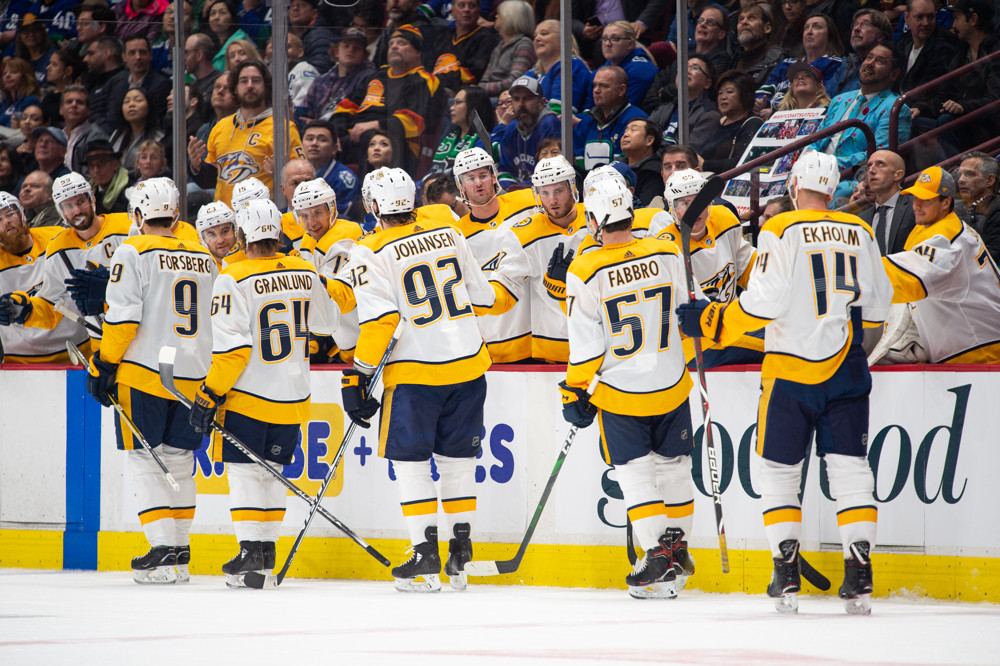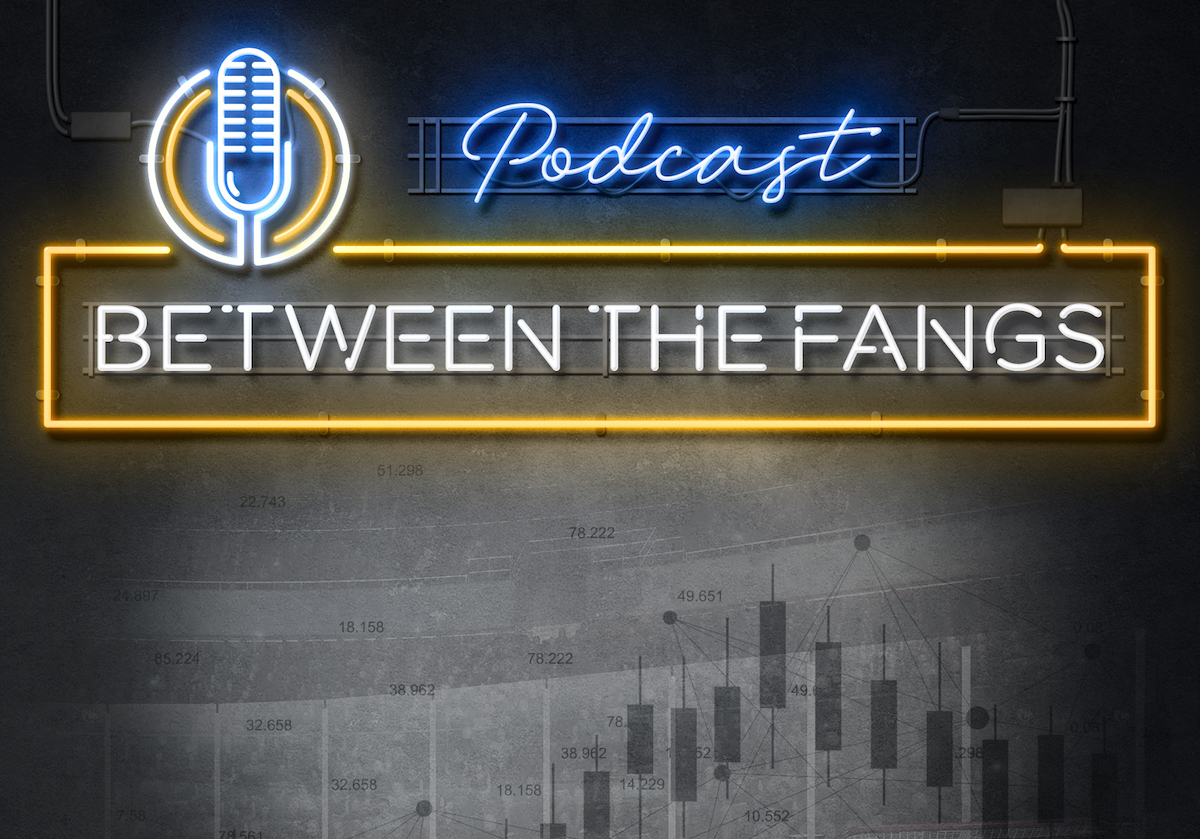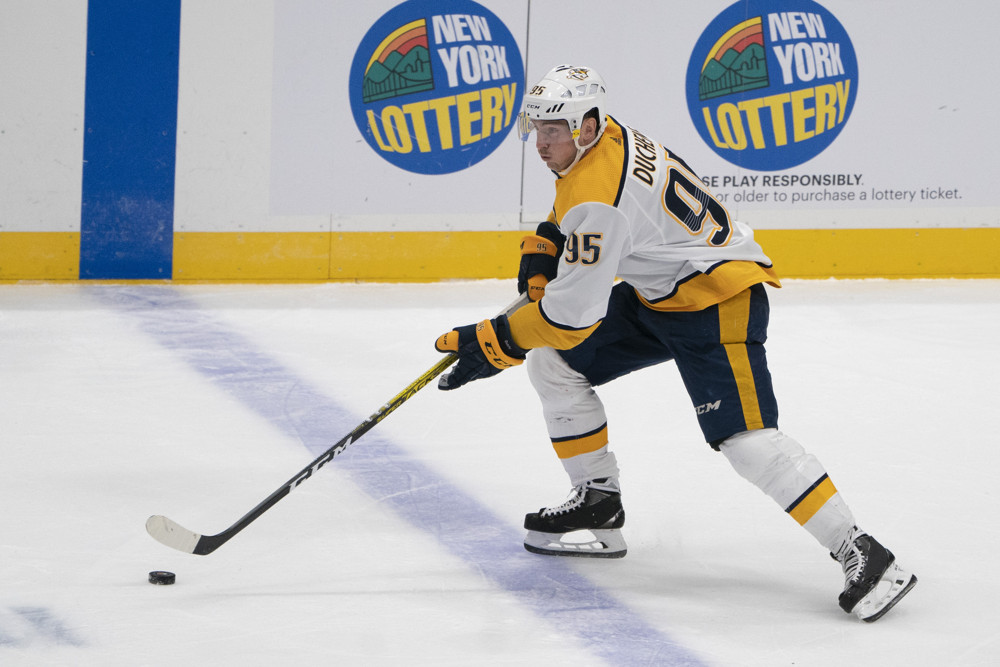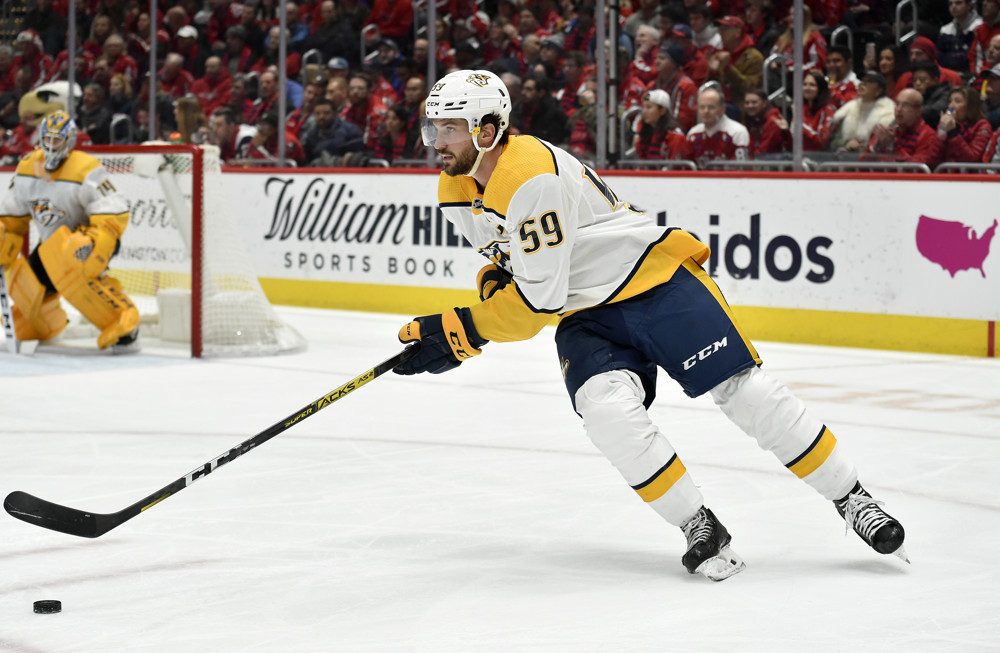The more things change, the more they stay the same. After a mind-numbing loss to the Sharks on Tuesday, Peter Laviolette broke out the line blender and rearranged nearly everyone. The goal, of course, was to squeeze some production from the disastrously underperforming Nashville offense (excluding the first line).
Though they took two points from a tough road game, the performance was not exactly the statement that they likely desired. As in most Predators games, there were long spans of good hockey complemented by equal stretches of unwatchable hockey.
Not-so-special teams
The good news, as usual, is that Nashville’s five-on-five efforts were generally positive. Stop me if you’ve heard this before, though: the special teams looked quite tragic indeed. They were rewarded with a game-tying power play goal midway through the third period, but they failed to record a single high-danger scoring chance in their seven minutes of power play time.
Let me re-emphasize: the Nashville Predators failed to record a single high-danger scoring chance in seven minutes of power play time.
A lack of power play goal production alone is not a reason for concern. The team might be shooting poorly, or running into outstanding goaltending. Even if you told me (correctly) that Nashville has the league-worst power play conversion rate right now, I’d hold off before worrying too much.
Take a deeper look, though, and you’ll find limitless cause for concern. For starters, they are producing the NHL’s third-fewest high-danger scoring chances per 60. Here’s where it becomes humorous, though. While on the power play, Nashville is only producing 61.9% of the total high danger chances generated. That means that for every six high-danger chances the Predators produce, the opponents produce four of their own – on Nashville’s own power play.
The problem with these underlying numbers is that they undeniably represent a broken system. For the goals to come on a regular basis, Nashville will have to completely re-write their power play formula.
Who am I kidding, though? We all know how this goes. For the vast majority of the season, the power play will continue to be terrible. Suddenly, it will hit a weeklong lucky streak and the goals will pour in. Therefore, nothing will change, playoffs will roll around, and the abysmal power play will persist.
Forwards: do you exist?
The Predators’ forward lines received a lot of attention before the game, and rightfully so. With defenseman Dan Hamhuis placed on IR, AHLer Rocco Grimaldi was called up to fill the roster spot, and found himself on the second line. Other notable changes included Kevin Fiala alongside Calle Jarnkrok and Colton Sissons on the third line, and Nick Bonino centering the fourth.
Here’s a quick look at how the lines produced at five-on-five:
There are several points of interest here. The first line continued to take advantage of a heavily sheltered zone deployment, outperforming their opposition in both shot attempts and high-danger scoring chances. Nashville’s top line is consistently among the best in the league, and each member is poised for a career season.
The second line continued to be a sore spot for the Predators. With Fiala removed, they seemed to lose any offensive capability they might have had beforehand. They managed to allow New Jersey five high danger scoring chances while producing none of their own. With a highly favorable zone deployment, Turris needs to quickly figure out how to improve his game. If (God forbid) Forsberg, Johansen, or Arvidsson go down injured, it’s safe to assume the Predators would lose every game until their return.
The third line didn’t make many waves last night, but provided respectable numbers considering their uphill battle in zone starts. With just 20% of their faceoffs taken in the offensive zone, they still produced the team’s best margins in shot attempts. Jarnkrok and Sissons have been weak this year, so I think it’s safe to assume this is the Fiala effect.
Finally, the fourth line performed about as expected. Nick Bonino has been a major weak link for the team so far, and a bottom line assignment did him no favors. With a brutal zone start ratio, the fourth line did well to keep their margins close to zero. I realize the top six is pretty stacked in Nashville, but I’d love to see Ryan Hartman given a chance with some better linemates.
 Subban is actually good
Subban is actually good
My health was negatively affected last night by the return of one of the most tired, ill-supported arguments that exists: P.K. Subban is actually bad. If any Quebecois are reading this, I apologize sincerely for making fun of your fanbase for containing an anti-Subban contingent. It’s amazing to me how readily many Predators fans took on the same ridiculous, blatantly incorrect opinion.
Let me make this very clear: P.K. Subban is the best player on this team.
I don’t care about the endless anecdotes used in attempts to disprove this statement. I really don’t care about plus/minus, the least useful statistic in hockey. He is the best, full stop.
Even though last night was considered a “bad game” for Subban, he and Ekholm were dominant in puck possession. Take a look:
Ekholm and Subban were on the ice for twenty-five Nashville shot attempts and just thirteen for New Jersey. Like the rest of the team, they failed to establish much in the high-danger areas, but kept their margin to a manageable zero. Here’s the point I really want to emphasize, though. P.K. Subban’s most frequent opponent was the line of Taylor Hall, Kyle Palmieri, and Nico Hischier, whom he faced for almost eight minutes of TOI.
This is one reason that plus/minus is a useless metric: it completely ignores quality of competition. One hundred percent of the time, Subban will be matched against the best opposition possible. Still, he manages extremely positive performances nearly every night.
Otherwise, the defense played one of their better games in recent memory. Still, Juuse Saros often had to be incredible in the overtime win.
Final thoughts
Overall, the Predators should feel they escaped New Jersey with two points. This team is so incredibly one-dimensional right now, it’s concerning. If the top line were to stop producing offensively, I’m confident Nashville would get shut out regularly. There is simply no consistent offense being produced from over 80% of the skaters on this team.
What’s more, Keith Kinkaid did the visitors a favor with a subpar performance in net. Neither of the two goals he allowed at five-on-five were from high-danger scoring chances. Against a better goaltending performance, Nashville would have struggled to score at all.
Perhaps unsurprisingly, the 2018/19 Nashville Predators appear to be carbon copies of last year’s team. They are dramatically underperforming on special teams, relying on incredible goaltending for and below average goaltending against, and far too offensively dependent on the skill of Johansen and Forsberg.
It’s not all doom and gloom, I promise. That said, there has been no evidence so far that this team will be raising any playoff banners next year.











